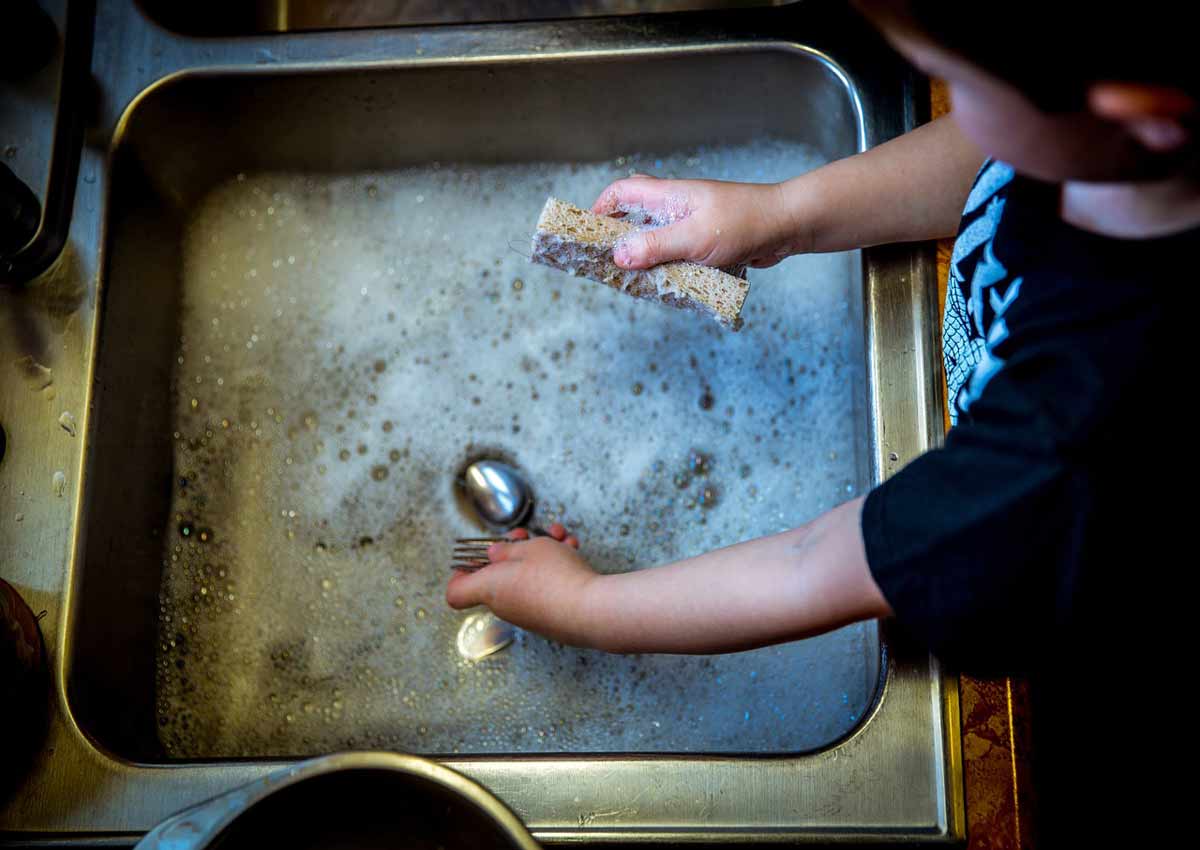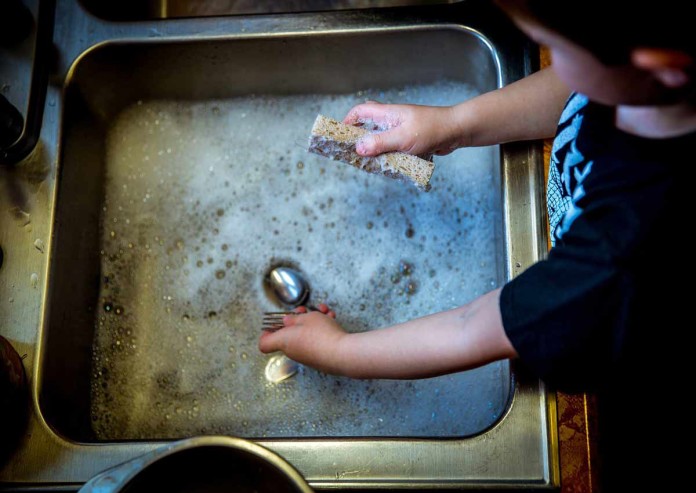“It is in a girl’s nature to wash dishes and so on. Her place is in the kitchen. That’s how it’s meant to be,” said Kusnia, 35, a woman with one daughter from Lampung.
Kusnia, a domestic worker in Jakarta, said she had begun asking her 4-year-old daughter, Nahwa Kania Putri, to help in the kitchen.
“But I don’t like it,” Nahwa said, adding that she would rather study than do household chores.
While women in the country – Finance Minister Sri Mulyani Indrawati being a perfect example – can have stellar careers in many fields, many Indonesian girls are sill facing social pressures to do domestic chores.
According to a UNICEF report, the gender stereotype that has burdened women for centuries remains a global challenge.
The report, released to mark International Day of the Girl on Oct 11, finds that girls between 5 and 14 years old worldwide spend 40 per cent more time on unpaid household chores and collecting water and firewood compared to boys their age.
A girl aged 5 to 9 spends an average of almost four hours per week on household chores, while older girls aged 10 to 14 spend around nine hours per week on these activities. In some regions and countries, these numbers are twice as high.
The report includes the first global estimates on the time girls spend doing household chores such as cooking, cleaning, caring for family members and collecting water and firewood.
The data shows that the disproportionate burden of domestic work begins early, with girls between 5 and 9 years old spending 30 per cent more time on household chores than boys their age.
The numbers rise as girls get older, with 10 to 14 year olds spending 50 per cent more time, or 120 million more hours each day, according to the report, titled Harnessing the Power of Data for Girls: Taking stock and looking ahead to 2030.
“The overburden of unpaid household work begins in early childhood and intensifies as girls reach adolescence,” said UNICEF’s principal gender advisor, Anju Malhotra.
National Commission on Child Protection (Komnas PA) chairman Arist Merdeka Sirait said the global report reflected the situation in Indonesia as well, with the country’s strong patriarchal culture.
“In Indonesia, girls always do more household chores than boys. It doesn’t matter if the girls are younger or older, parents usually ask them to do the chores, not the boys,” he said.
Parents sometimes consider it inappropriate for boys to do household chores, and thus perpetuating gender stereotypes, KPAI commissioner Maria Ulfa Anshor said. “When girls are told to sweep floors, boys can play football outside,” she told The Jakarta Post.
As a result, girls sacrifice opportunities to learn and grow as time spent on chores limits a girl’s time to play, socialize with friends, study and be a child, Arist said.
The report also noted that girls’ work is less visible and often undervalued. This unequal distribution of labour among children violates the Constitution, which guarantees no gender-based discrimination, Arist said.






